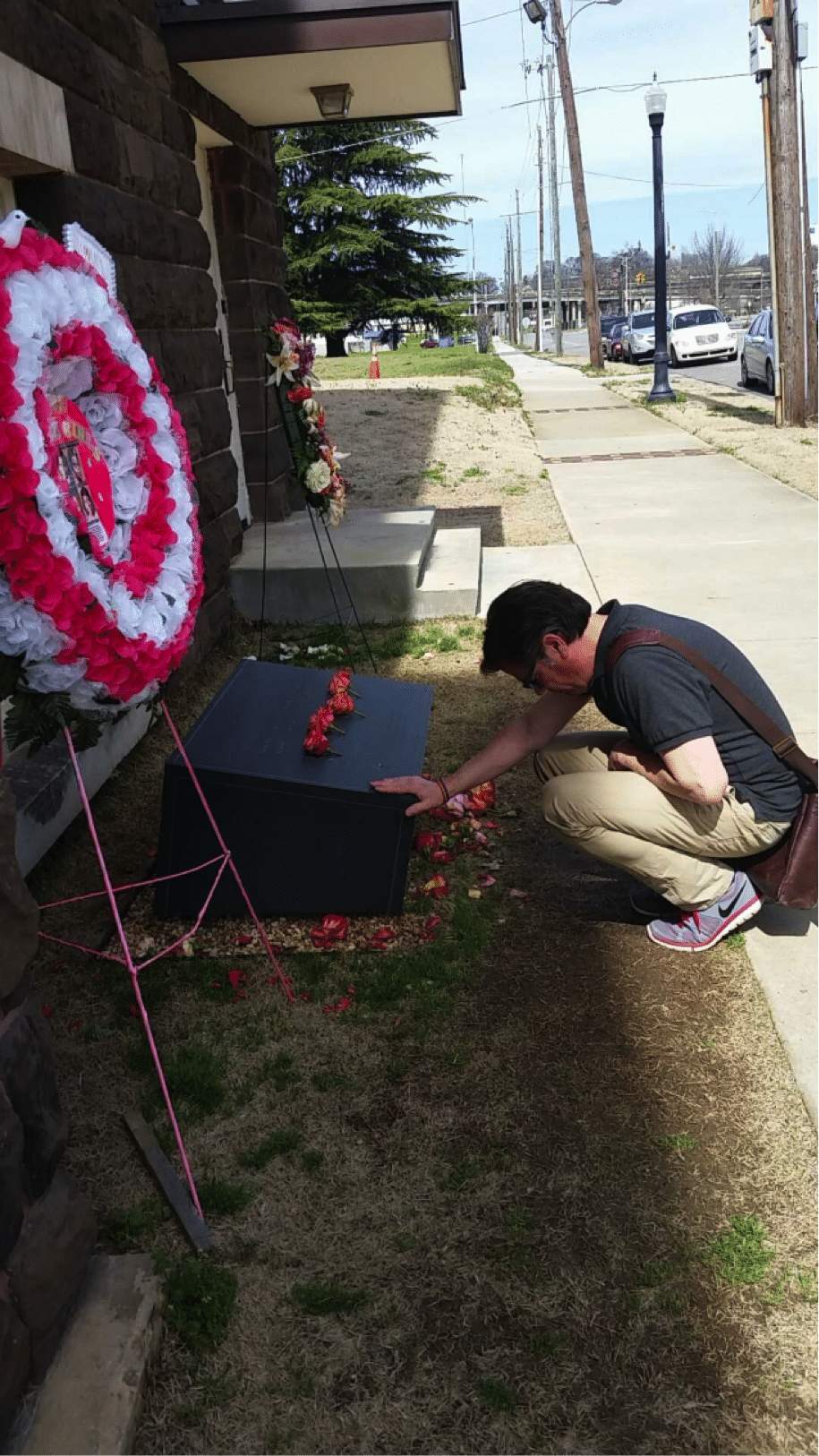Fifty years after the historic March on Selma in Alabama, U of L students visited the state for an educational Civil Rights tour.
On March 13, the Martin Luther King, Jr. Scholars and the Bayard Rustin Community traveled to Selma, Montgomery and Birmingham, Alabama. Visiting sites like the Edmund Pettus Bridge and the Rosa Parks Museum, both groups experienced how history was shaped and the important historical figures that paved the way for the nation.
Beginning in Selma, the groups walked the historical Edmund Pettus Bridge, the same bridge that Martin Luther King, Jr. and the Civil Rights activists walked in hopes of marching to Montgomery to declare their right to vote in 1965.
“It almost felt unnatural walking the bride, as if I didn’t belong there,” said MLK Scholar, Korri Woods. “After learning about the history, seeing images and media, and realizing the overall impact of what occurred and knowing that blood was shed where I had stood. I felt like I was walking on sacred ground.”
Next, traveling to Montgomery, the two cohorts stopped by the Rosa Parks Museum.
Concluding the trip in Birmingham, both the MLK Scholars and Bayard Rustin Group visited the Sixteenth Street Baptist Church, where a Ku Klux Klan bombing killed four girls. Birmingham was specifically known for its cruel acts of violence on the African American population, and the city was a central focal point on stopping segregation.
The Birmingham Campaign, or Project C, began in the spring of 1963. According to PBS, Project C began the series of lunch counter sit-ins, marches on City Hall and boycotts on merchants, all to protest Birmingham segregation laws.
“This trip showed me the power we as a people have to make change. If we can get together and decide collectively the best choice for our nation, everyone is made better off,” said Thomas Gordon, MLK Scholar.
Photo by Isaiah Lewis / The Louisville Cardinal




